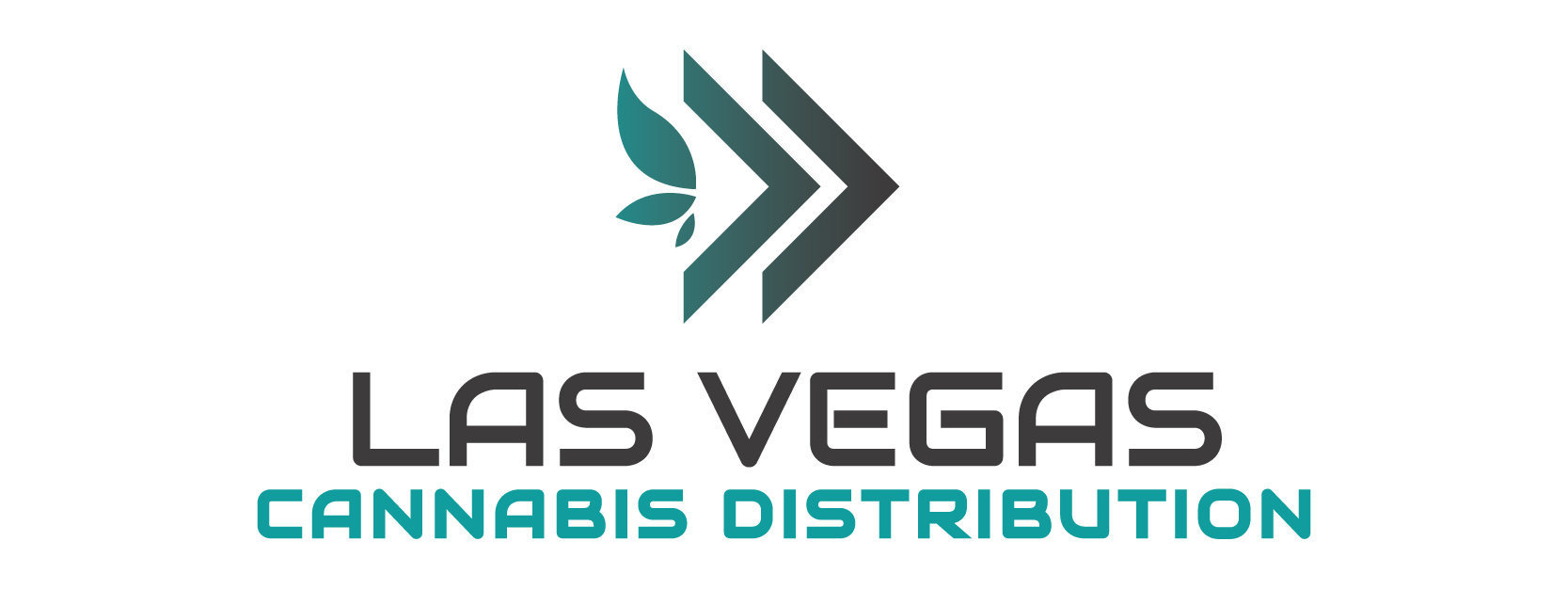Las Vegas cannabis distribution companies must navigate a multi-layered licensing process involving state, county, and municipal authorities—each step designed to ensure compliance, safety, and transparency.
Understanding Business and License Types
In Nevada, the Cannabis Compliance Board (CCB) regulates the issuance of distribution licenses, while the Nevada Department of Taxation handles the application process. A cannabis distribution business (sometimes called a “transporter” license) enables companies to move cannabis and cannabis products from cultivators, manufacturers, and licensed labs to retail dispensaries in both medical and adult-use markets.
Preparing to Apply: Eligibility & Capital
Applicants must demonstrate:
- Legally valid business structures and no disqualifying criminal convictions (e.g., violent or drug felonies within 10 years).
- Adequate capital—not just for startup, but for sustained operations. Although the state fee for a distributor license is $5,000, overall startup costs (facility, compliance, staff, vehicles, software) can reach hundreds of thousands.
- A real estate location compliant with zoning and permitted by relevant local authorities.
Application Process Steps
a. Create Electronic Profile
Register via the state licensing portal, including personal and business details.
b. Submit Application for Distributor License
During open application periods posted by the CCB, submit the state application form, attest to suitability, and pay the $5,000 non-refundable fee.
c. Background Checks & Agent Registration
All individuals with ownership or managerial roles must undergo fingerprinting and receive a Cannabis Establishment Agent Card. Convictions for ineligible felonies disqualify applicants.
d. Local Approvals
Within Las Vegas city limits, applicants also require a valid Special Use Permit (SUP) from the Planning Department and a city business license—each contingent upon state approval.
e. Financial & Organizational Disclosures
Applicants must reveal funding sources and provide organizational charts, trust agreements, officers/directors listings, and a detailed financial questionnaire.
Review, Inspections & Board Assessment
The CCB reviews completeness, performs investigations, verifies background checks, and assesses financial viability. Pre-licensing inspections evaluate storage, transportation security, record-keeping, and compliance systems. The Board holds discretion over final approval, rescinds rights for deficiencies, and no applicant is guaranteed a license.
Post-Approval & Compliance
Upon approval, businesses receive a state license and city business license and can begin operations. Annual renewals are required, including payment of renewal fees and any updated documentation. Any transfer of ownership, management changes, or new agent cards (for more than 5% owners/officers) must be reported to and approved by the CCB.
Social Equity Opportunities
Although Nevada’s social equity programs currently focus mostly on lounges, distributors can support equity applicants. These applicants may receive reduced fees or first consideration in future equity-driven initiatives.
In Summary
The Las Vegas distribution licensing process is rigorous, requiring:
- Designated business structure with clean criminal records
- Adequate financial backing and real estate
- Completion of state application, background checks, and agent cards
- Local permits (SUP, city license)
- Inspection and final approval by the CCB
- Ongoing compliance, annual renewals, and reporting
Though complex, the system promotes safety, transparency, and integrity—essential elements for long-term success.

